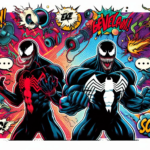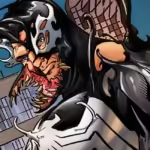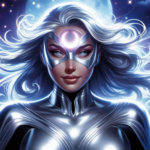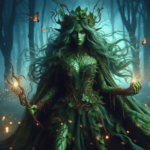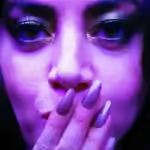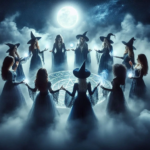In the vast landscape of comic book lore, few characters evoke as much intrigue and complexity as Doctor Doom. Born Victor Von Doom in the fictional European country of Latveria, this iconic villain embodies a unique blend of intellect, ambition, and tragedy. Doom’s story is not merely one of villainy; it reflects the depths of human aspiration and the perils of unchecked power.
From his humble beginnings, Doom was shaped by a tumultuous childhood marked by loss and a quest for vengeance. His mother, a witch, was killed by demons she summoned, an event that ignited Doom’s relentless pursuit of power. Raised by a Romani family, he was driven by a desire to avenge his mother and reclaim his family’s honor, ultimately leading him to the path of dark magic and advanced technology. This duality makes Doctor Doom not just a foe but a tragic hero in his own right.
Doom’s intelligence is his greatest weapon. A genius-level intellect, he excels in multiple scientific disciplines, combining sorcery with technology to create an arsenal of gadgets and armor. His signature suit not only grants him superhuman strength and durability but also allows him to manipulate energy and create force fields. This mastery of both science and magic positions him as one of Marvel’s most formidable adversaries, rivaling even the likes of Iron Man and Thor.
What truly sets Doom apart is his philosophical depth. Unlike many villains driven solely by a desire for chaos, Doom genuinely believes that his vision for a controlled, orderly world is the only path to peace. He sees himself as a protector of the innocent, willing to do whatever it takes to achieve that goal, even if it means subjugating those he seeks to protect. This paradox raises questions about morality and power, drawing readers into a moral gray area that challenges the traditional hero-villain dichotomy.



Doom’s most iconic story arcs, such as the “Secret Wars” and “Doctor Doom: The Prodigal Son,” delve into his psyche, exploring themes of redemption, ambition, and the consequences of power. These narratives illuminate his struggles, revealing a man tormented by his choices and the weight of his ambitions. His interactions with other Marvel heroes, particularly the Fantastic Four, highlight his complexity, showcasing moments of both ruthless villainy and unexpected vulnerability.
As the Marvel Cinematic Universe (MCU) evolves, the potential introduction of Doctor Doom in future films has fans buzzing with excitement. The prospect of seeing a character as richly layered as Doom on screen promises to elevate the MCU’s storytelling, inviting viewers to grapple with the nuances of his character. With rumors swirling about actors like Robert Downey Jr. portraying him, the cinematic adaptation of Doctor Doom could offer a fresh take on his iconic narrative.
In conclusion, Doctor Doom stands as a testament to the richness of comic book storytelling. He is not merely a villain; he is a reflection of our deepest fears and aspirations. As we anticipate his next appearance in the MCU, one thing is certain: Doctor Doom will continue to challenge our perceptions of heroism and villainy, reminding us that the line between good and evil is often more blurred than we think.

